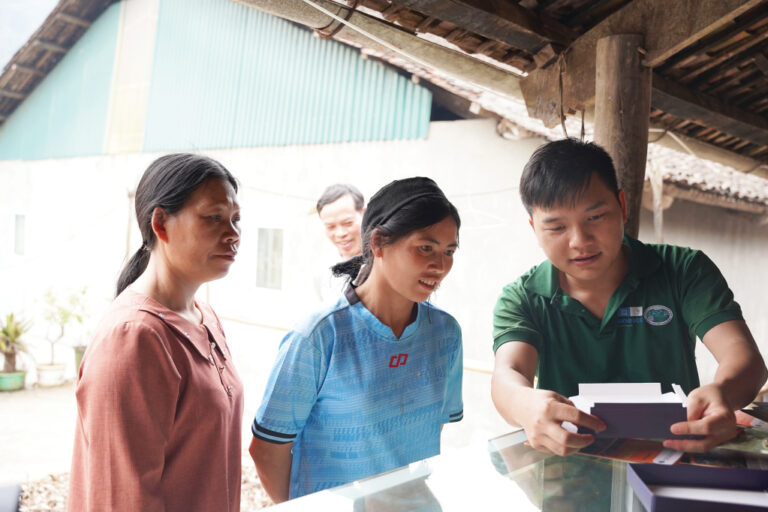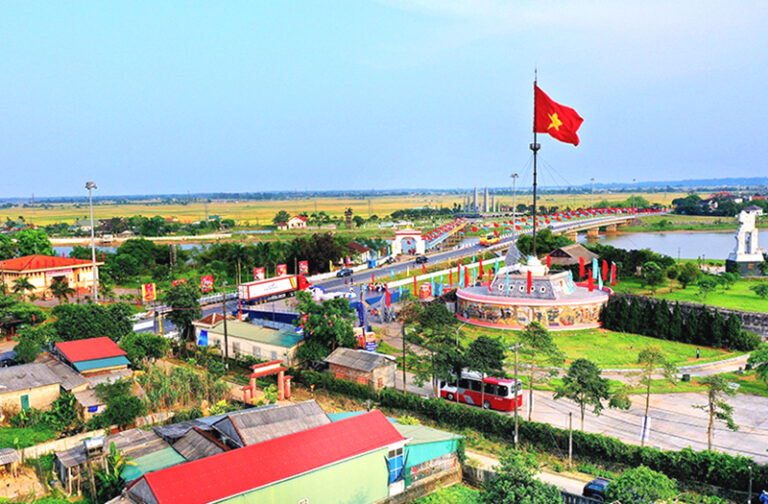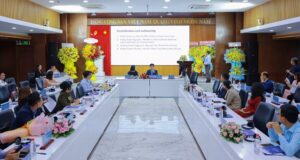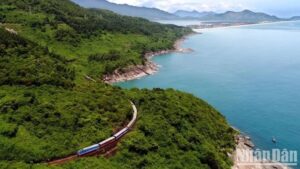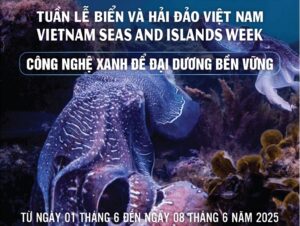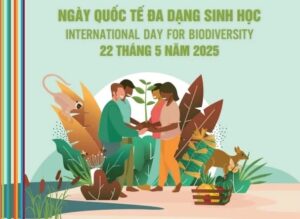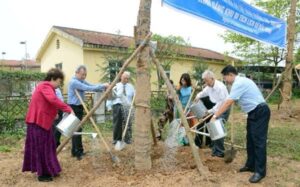The tourism industry needs to build an eco-label system, according to a leading official of the hotel management section. Nguyen Phuong Anh, deputy director of the Hotel Department under the Viet Nam National Administration of Tourism (VNAT), made the comment at a two-day meeting of international and domestic experts in Ha Noi.
The eco-label system is a market-based and transparent economic tool that aims to decrease environmental impacts and improve resource efficiency of products while enabling consumers to make informed decisions based on products’ environmental credentials. These indicate the overall environmental preferability of a product within a particular product category based on life-cycle considerations.
An eco-label for Vietnamese hotels and resorts would help create a good reputation for environmentally-friendly tourism and attract more visitors, Anh said.
Waste, noise
Despite the economic downturn, the tourism industry was still making a profit, but along with increasing tourists came increasing problems for the environment, she said. Last year, Viet Nam received 4.2 million international visitors, and clocked in around 19.5 million domestic tourists at its total of about 5,000 hotels and other holiday accommodation. She said that the tourism industry was influencing the environment with waste, noise and thermal emissions, but also stimulated employment in the local area. Tourism also bumped up consumption of resources, Anh said.
According to the United Nations Environment Programme (UNEP), a popular tourist destination will consume three or four times as many resources as a normal locality, and tourism generates 11 per cent of global GDP, employs 200 million people but produces 4.8 million tonnes of waste yearly. The organisation also forecasts the number of tourists to double to 1.6 billion by the year 2020.
That put sustainable management of natural resources and waste at the fore when aiming towards protecting the economic sector and natural ecosystems, the meeting heard.
Brahmanand Mohanty, Regional Adviser for Asia of French Environment and Management Agency, said the accommodation sector was at the hub of the tourism industry and as a result, without good management, activities in the sector tended to affect the environment adversely. Mohanty said while big hotels and resorts seemed to adopt environment management, small and medium-sized ones were lagging behind.
According to a survey in hotels and resorts in Viet Nam carried out by the energy conservation research and development centre, most of the surveyed hotels and resorts had started paying attention to resource management, however, they did not have the capacity to implement them. The survey also found that 79 per cent of small to medium-sized hotels did not train their staff on energy saving. Only 8 per cent use stickers or posters to encourage guests to save the resources. The centre also suggested that the administration should introduce green-hotel guidelines to all hotels and resorts in the country and develop the eco-label system with appreciate indicators.
Nguyen Thi Tho, official of UNEP’s Tourism and Resource Efficiency, said the profits made from the sector could be re-invested in environmental protection as compensation for destruction. She said the industry accounted for 9.5 per cent of the global total investments - as much as US$1.15 trillion. The industry was an important source of investment for developing countries like Viet Nam.
Good solution
Erica Allis, project manager of French Environment and Energy Management Agency (ADEME), said three quarters the tourists did not want their travel to damage the environment and over one-third were willing to pay more for service providers to protect the environment during their visit. In this case, the eco-label was the answer. The label was expected to reduce the environmental impacts of the manufacturing of products or provision of the service, said one participant.
A Thai participant said Thailand’s famous eco-label was Green Leaf, which has made visitors proud to contribute to the betterment of the environment during the holiday, which can encourage them to get the eco service again and recommend the service to others.


